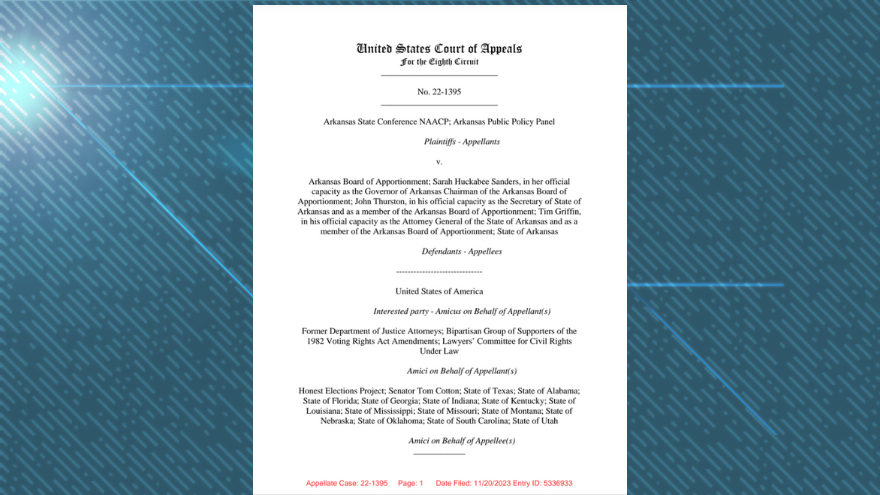Only the U.S. Attorney General can bring lawsuits, ruled the three-judge panel, undoing decades of precedent in support of the concept of a “private right of action” (also called a “private cause of action”) where non-governmental individuals and organizations can bring federal lawsuits. Until now, private individuals and organizations were able to sue state and local governments to oppose various election security measures, including requiring identification to vote, signature verification, and other practices. Often cited as the basis for these legal challenges is discrimination. Section 2 of the VRA prohibits states from enacting any voting standard, including district maps, that limit a citizen’s right to vote based on race or color. Central to the legal challenge that placed the issue before the 8th Circuit was the language of the VRA. “Many statutes simply say when a private right of action is available,” U.S. Circuit Judge Stras wrote in the court’s opinion. The judge noted that the Civil Rights Act of 1964 passed a year before the VRA and specified that a person could sue for unlawful discrimination if there are grounds to believe discrimination occurred. However, since the VRA uses no such specificity permitting individuals to bring lawsuits, the court is unable to write new law by reading into the VRA text that was never included. “When those details are missing, it is not our place to fill in the gaps, except when ‘text and structure’ require it,” Stras wrote. “Under the modern test for implied rights of action, Congress must have both created an individual right and given private plaintiffs the ability to enforce it.” The appeals court decision upholds the decision by a lower court, which dismissed the case brought by the Arkansas State Conference NAACP and Arkansas Public Policy Panel, who challenged redistricting maps that went into effect in late 2021. According to the lawsuit, the new district boundaries “dilute black voting strength” in the state. Mark Elias, a Democrat attorney whose firm has brought numerous legal challenges to various election laws, said that over the past four decades, there have been 182 successful Section 2 cases, only 15 of which were brought by the Justice Department. His organization Democracy Docket says that the 8th Circuit’s decision will “adversely impact voters of color who rely on Section 2 to fight discrimination in redistricting.”The Eighth Circuit Court of Appeals ruled on Nov. 20 that private plaintiffs are not able to bring lawsuits under Section 2 of the Voting Rights Act (VRA).
Loading...
Legal /
8th Circuit Rules Private Parties Cannot Sue Under the Voting Rights Act
Democrat legal organization says ruling will 'adversely impact voters of color who rely on Section 2 to fight discrimination in redistricting'

*For corrections please email [email protected]*
